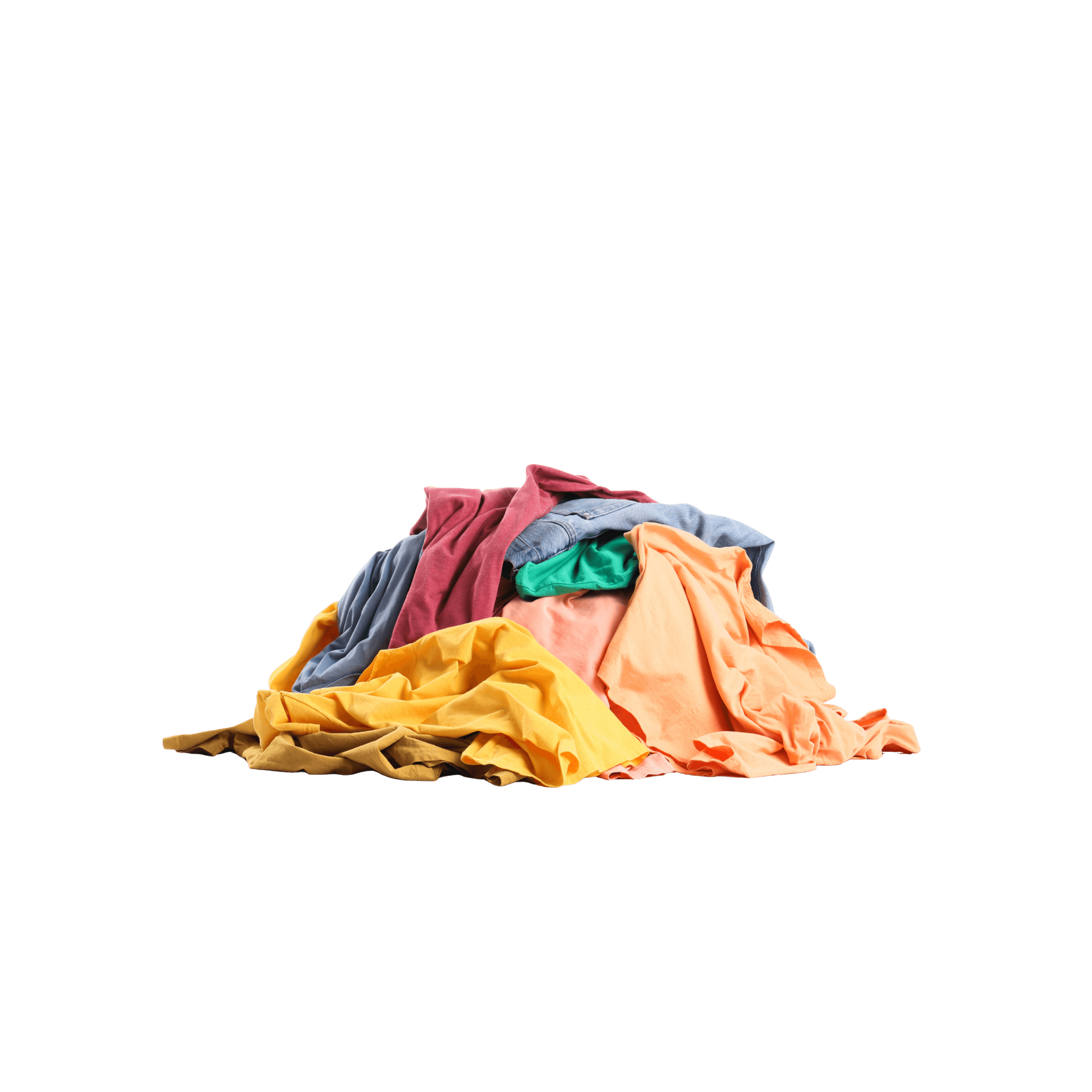Oct 22, 2025

The other day, an ad caught me off guard: silky sage green, soft glow, just the right amount of shoulder.
I clicked. And I spiralled. I saw wrap dresses, brunch-ready jumpsuits, and the kind of midi skirt that makes you text, “Should we go out this weekend?”. I was this close to buying everything. Then I saw the line.
“All our pieces are made responsibly using low-impact fabrics.”
Cute. Vague. Suspicious.
So I went full Sherlock. I searched their entire website but there was no fabric breakdown. No supplier info. No production details.
Just...vibes.
And honestly? Calling generic cotton “low-impact” is like me eating six fries and calling it a detox. Feels nice. Means nothing.
So I didn’t check out. Not because I didn’t want the dress. I still do. But because if I’m paying a premium, I want proof, not just poetry.
Sustainability Isn’t a Flex. It’s a Responsibility.
Let me be clear: this isn’t a post about shame. Buy what you want. Not everyone can afford to shop from saintly brands that cost as much as rent.
But if a brand chooses to market with “sustainability,” it needs to offer more than soft fonts and earthy colours.
It needs to show the work.
And most shoppers? We don’t have time to play detective on every brand’s About page. So here’s your cheat sheet buzzwords that deserve a healthy side-eye.
The Greenwashing Glossary
“Limited Edition”
Might be legit for a small designer doing short runs. But if Zara is saying it, it’s manufactured urgency. Don’t fall for the FOMO trap.
If it’s truly limited, they wouldn’t need to shout about it in neon.
“Vegan Leather”
Sounds kind, but it’s often just plastic in disguise. Most vegan leather is still made from PU and PVC. Unless it’s mushroom, cactus, or apple-based. So, when you see vegan leather, always check what it’s really made of.
Just because it didn’t moo doesn’t mean it’s sustainable.
“Recyclable”
Just because something can be recycled doesn’t mean it will be. Especially if your local waste system isn’t set up for it. And most blended fabrics, even if their components are technically recyclable, can’t actually be processed.
Unless you moonlight as a recycling plant, don’t take this at face value.
“Timeless”
Translation: “We designed this to look classic, but it’s made of polyester that will betray you by the sixth wash.” Timeless vibes do not equal timeless materials.
It’s not timeless if it pills faster than your oat milk foams.
“Green”
The OG greenwashing buzzword. It’s vague, unregulated, and usually slapped on to make you feel good, not informed. Always ask how it’s green.
Green font on a product tag doesn’t make it eco-friendly.
“Conscious”
Conscious of what? Their margins? Their Instagram aesthetic? Unless they’re showing proof like factory details, certifications, or anything at all skip.
Being conscious is great. Being transparent is better.
“Low Impact”
Compared to what? A coal plant? If a brand won’t define what that means, it probably doesn’t mean much. Ask for actual numbers.
No benchmark means no trust. We don’t do vague vibes here.
“Responsibly Made”
Cool. Now tell me where, by whom, and under what conditions. If a brand claims to be responsible, the bare minimum is telling you who made the clothes. Otherwise, it’s just fluff.
The responsible part is being transparent.
“Biodegradable”
Technically true for a lot of things… if you have access to an industrial composting facility. Spoiler: your backyard bin probably isn’t it. And if it’s a cotton-poly blend? It’s not biodegradable at all.
Always check the composition to understand whether something is biodegradable.
“Organic”
Only believe it if it’s certified. If a brand claims organic, they better back it up. Period. GOTS, USDA Organic, OEKO-TEX are some of the most well known certifications to look out for. Otherwise, it’s just Pinterest-core branding pretending to be virtue.
No proof? No trust.
TL;DR
If the claim feels vague, it probably is. And if a brand doesn’t tell you where or how their product was made, they’re hoping you won’t ask.
That’s exactly why I built Shezaar - a browser extension that does the detective work for you. It breaks down what’s in a product, how it was made, and shows you smarter, better alternatives from independent designers who actually walk the talk.
You shouldn’t need a fashion degree (or a private detective) to shop with confidence. And you definitely shouldn’t have to decode buzzwords alone.
Be One of Our Founding Member
We’re building Shezaar with and not just for people like you. People who’ve had enough of greenwashed labels, vague claims, and guilt-based marketing.
As a founding member, you’ll get early access to new features, direct influence over what we build next, and a front-row seat to the future of conscious fashion.
Curious?
Frustrated?
Ready to shop smarter?
Join Shezaar as a founding member →
Let’s raise the standard together.
